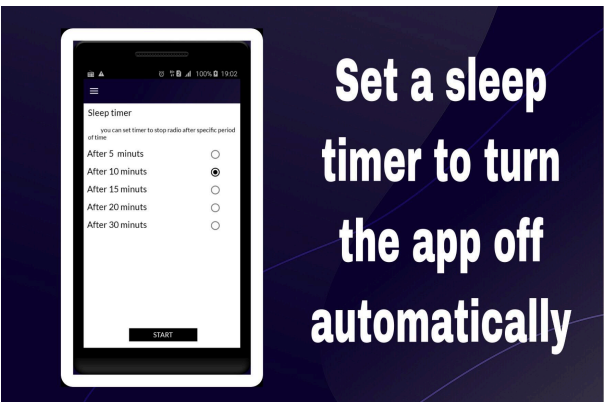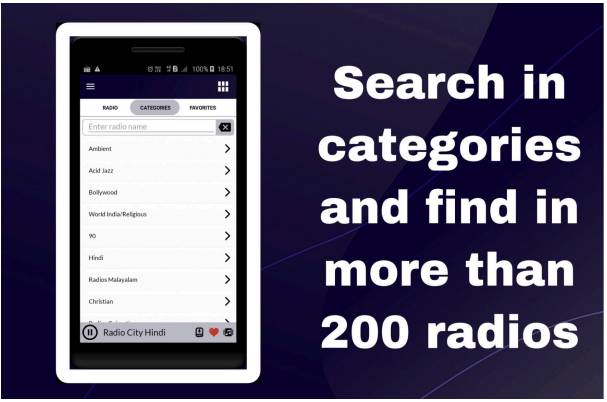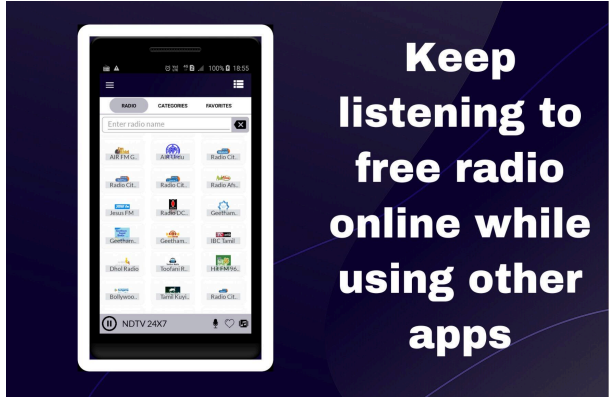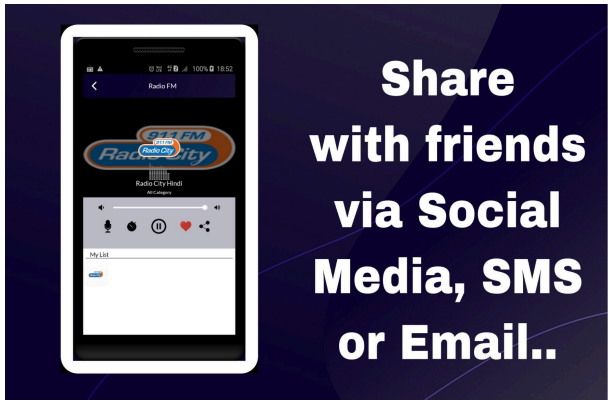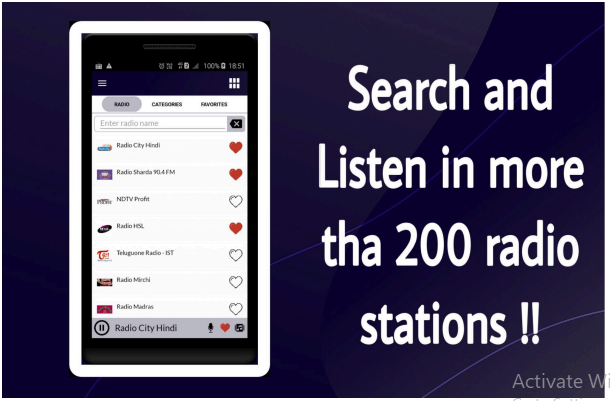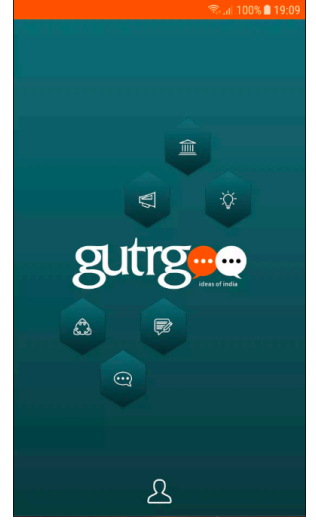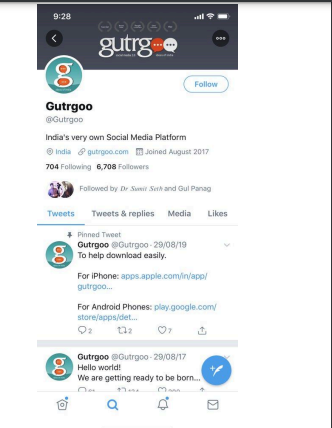Sectors We Serve:
We specialize in mobile app solutions for industries such as:
Travel & Hospitality
- We develop user-friendly platforms that enhance booking, management, and customer experiences in travel and hospitality services.
Internet of Things (IoT)
- Our IoT applications connect devices and systems to deliver seamless automation and real-time data insights.
Industrial Automation
- We offer solutions that streamline industrial operations through automation, improving efficiency and reducing costs.
Healthcare
- We create secure, compliant healthcare applications that improve patient care, appointment management, and data accessibility.
Utility
- We deliver efficient, user-friendly tools for managing essential services like energy, water, and public utilities.
Social
- Our apps foster community building and engagement through interactive social networking tools.
Media & Entertainment
- We create immersive digital experiences that improve content delivery and user engagement in media platforms.
Education & Training
- We build interactive learning platforms with user-friendly interfaces, making knowledge delivery engaging and scalable.
Finance
- We provide secure, compliant financial applications that enhance user trust and operational efficiency.
Why Choose Android for Your App Development?
As the best Android app development company, we provide businesses with cutting-edge solutions designed to exceed client expectations. Using the latest tools and technologies,we guarantee rapid business growth and exceptional results.
Quick Deployment
- We ensure rapid delivery of stunning Android apps that meet the highest industry
standards, getting your app live on the Google Play Store as soon as possible.
Custom UI
- Android apps can be easily tailored to your business needs, enhancing performance and productivity.
Scalable and Flexible
- Android apps are flexible and scalable, adapting to market changes and ensuring long-term success.
High ROI
- Android app development offers a higher return on investment with relatively low upfront costs.
Easy to Develop
- Built using Java and Kotlin, Android apps leverage an extensive collection of
libraries, making development faster and more efficient.
Types of App Development Services
Native App Development
- Android (Kotlin/Java):
- Kotlin improves code safety, reduces development time, and ensures a more
efficient app development process. Its compatibility with Java and modern features
makes it ideal for building scalable and maintainable Android applications.
Hybrid App Development
- Flutter:
- Backed by Google, Flutter enables fast and efficient cross-platform app
development with a single codebase, saving both time and cost. It offers
customizable widgets, ensuring a high-performance user experience across Android
and iOS.
Trusted Mobile App Development Company in Mumbai
As a leading mobile app development company in Mumbai, Ideatore delivers
outstanding mobile solutions tailored to businesses of all sizes. Our team consists of
top mobile app developers with the skills and expertise to create innovative, high-
performance apps that drive success. We take the time to understand your business
needs and create an app that aligns with your goals.
Our Mobile App Development Process
We follow a streamlined process to deliver exceptional app development services
that meet your business needs:
Requirement Analysis
- We start by understanding your business goals, target audience, and app
requirements to ensure a clear project vision.
Strategic Planning
- Our team creates a detailed roadmap, defining the features, design, and
development stages to achieve your objectives effectively.
UI/UX Design
- We craft intuitive, visually appealing designs that prioritize user experience for
seamless interaction.
Development and Integration
- Using the latest tools and technologies, we build scalable, secure, and feature-rich
applications tailored to your needs.
Quality Assurance
- Rigorous testing ensures your app meets the highest standards of functionality,
performance, and security.
Deployment and Support
- We ensure a smooth launch on desired platforms and provide ongoing support to
maintain the app’s performance and relevance.
Why Choose Us for Custom Mobile Application Development?
At Ideatore, we specialize in custom mobile app development, offering solutions
tailored to your unique business needs. Here’s why we’re the right choice:
Expert Developers
- Our developers have extensive experience in Android, iOS, and cross-platform
development, ensuring high-quality, scalable apps.
Tailored Solutions
- We create customized apps that align perfectly with your business goals, offering
personalized features and functionality.
End-to-End Services
- We manage the entire app development lifecycle—from strategy and design to
deployment and maintenance.
Focus on User Experience
- We prioritize intuitive design and seamless functionality to create engaging user
experiences.
Timely Delivery & Transparent Communication
- We are committed to delivering high-quality apps on time, with clear
communication throughout the process.
Affordable & Scalable
- Our solutions are cost-effective and scalable, ensuring your app grows alongside
your business.
Tracking and Reporting
- We provide streamlined measurement and timely reporting, keeping you informed
throughout the development process.
App Maintenance & Updates
At Ideatore, we believe that app development doesn’t stop at launch. Ongoing
maintenance is key to ensuring your app remains secure, performs optimally, and
stays up-to-date with evolving technologies. Our App Maintenance & Update
services help you keep your app running smoothly and your users satisfied.
Why It Matters
Regular updates are essential for fixing bugs, enhancing performance, and
protecting your app from security vulnerabilities. As mobile operating systems
evolve, we ensure your app stays compatible with the latest versions of Android and
iOS.
Our Services Include:
Bug Fixes & Performance Optimisation
- We continuously monitor your app and fix any issues to keep it running smoothly.
Security Updates
- Regular patches to safeguard your app from security threats and ensure data
protection.
Platform Compatibility
- We update your app to stay compatible with the latest OS versions.
Feature Enhancements
- Add new features or improve existing ones based on user feedback.
User Experience (UX) Improvements
- Periodic reviews and updates to enhance usability and engagement.
App Store Optimisation (ASO)
- Optimise app descriptions, keywords, and visuals to improve app store visibility.
Compliance Updates
- Ensure your app remains compliant with industry regulations and data protection
laws.
- We offer flexible maintenance plans tailored to your app’s needs.
FAQs
How long will it take to build a mobile app?
- The timeline varies based on complexity. A Proof of Concept (POC) may take 2-3
weeks, while a Minimum Viable Product (MVP) could take up to 8 weeks.
Which platform should I target first: iOS, Android, or both?
- The choice depends on your audience and business goals. We can analyze your
audience and recommend the best platform strategy.
What’s the difference between native and hybrid apps?
- - Native apps are built for a specific platform and offer optimal performance.
- - Hybrid apps use frameworks like Flutter to create a single codebase for both
platforms.
Will I own the source code and intellectual property (IP)?
- Yes, you will own the source code and all intellectual property once the project is
complete.
Do you provide post-launch support and maintenance?
- Yes, we offer post-launch support, including a 4-week free hypercare period.
How will we communicate during the development process?
- We follow Agile methodologies, with regular sprint reviews and demos, ensuring
transparent communication.
Can you integrate third-party APIs into my mobile app?
- Absolutely! We have experience integrating a wide range of third-party APIs.
What is your approach to testing mobile applications?
- We conduct thorough testing, including unit, integration, and user acceptance
testing.
How do you handle updates and maintenance post-launch?
- We provide ongoing support, including updates, security patches, and
Optimisation.
Build Beautiful & Powerful Android Apps with Stunning
Features
Witness Radio (Media)
Language : JAVA
Radio Station - All FM AM
- Listen to online radio stations live –
It's super easy! Just click to play.
- Listen to online radio stations and FM radio stations live. We have the largest
collection of radio channels placed in different genres for easy navigation. The app
can play radio stations even with a 2G network. Radio stations update automatically
without needing to update the app.
Gutrgoo (Social media)
Language : Kotlin
- Gutrgoo is the second generation of interest-based public-networking
applications. It allows networking, micro-blogging, conferencing & panel
discussions, blogging & private messaging,all interlinked to one common place called Town Hall.
Fitpeo : (HealthCare)
Language : Koltin
- FitPeo is revolutionizing healthcare with its advanced Remote Patient
Monitoring (RPM) and Chronic Care Management (CCM) solutions. Our
mission is to transform traditional healthcare into a comprehensive,
patient-centric ecosystem. Through our broad array of Bluetooth-enabled
devices, including blood pressure monitors, pulse oximeters, weight scales,
and now glucometers, FitPeo ensures continuous and seamless patient care
and monitoring.
More Info Click Here
LocalVocal (Social)
Language : Koltin
- Introducing ‘HashThreads’ on LocalVocal! Now, you can create a series of
posts under a single topic, perfect for local experts in any field. Investment
advisors, bakers, pediatricians, and more can share their knowledge and
promotions seamlessly. Example topics include #StockPicks for daily
investment tips, #HomemadeCakes for showcasing bakery delights, and
#BabyCare for pediatric advice.
More Info Click Here
Ongo (Payment Finance)
- Ongo is a fast-growing digital payment platform in India. Ongo App offers the
convenience of shopping, e-commerce, transit, and offline payments. Ongo
App provides a complimentary RuPay card within the app that is accepted
across all merchant outlets that accept RuPay in India.
More Info Click Here
BMRCL RBL Bank NCMC (Payment Finance)
Language : Kotlin
- Experience the future of hassle-free payments with the Namma (BMRCL) Metro RBL Bank NCMC card.
- A unique prepaid card that provides an all-in-one payment solution for
seamless travel, dining, shopping, and more with interoperability across India.
More Info Click Here
ValetPlz (Traveling, Tracking)
Language : Kotlin
- Valetplz is a peer to peer parking space sharing marketplace where guests
can book a parking space from a vibrant community of local hosts across
the US.
Reference Websites
Sample image layout for showing apps


